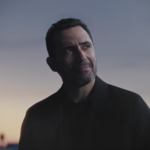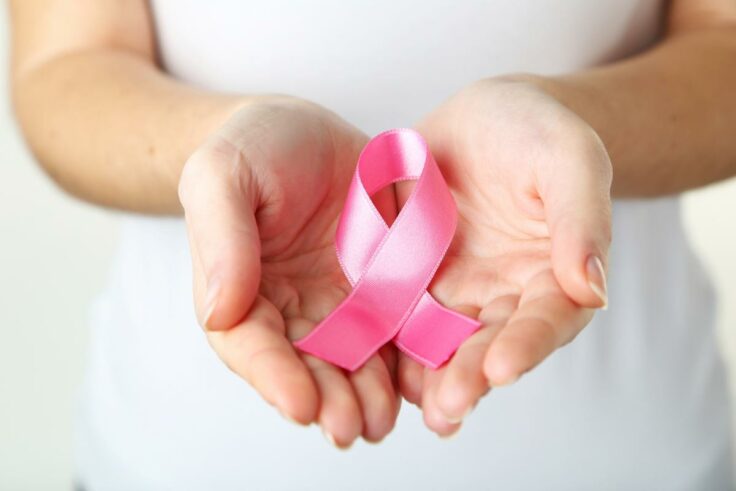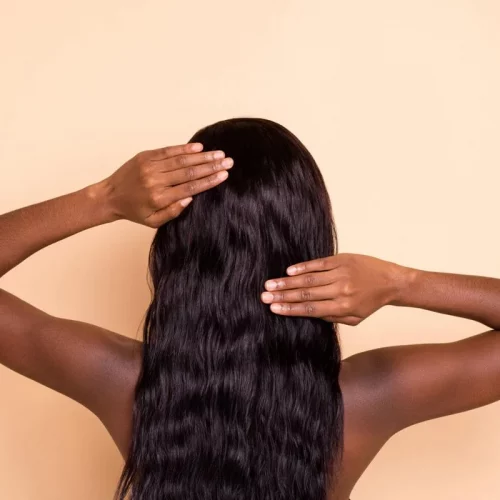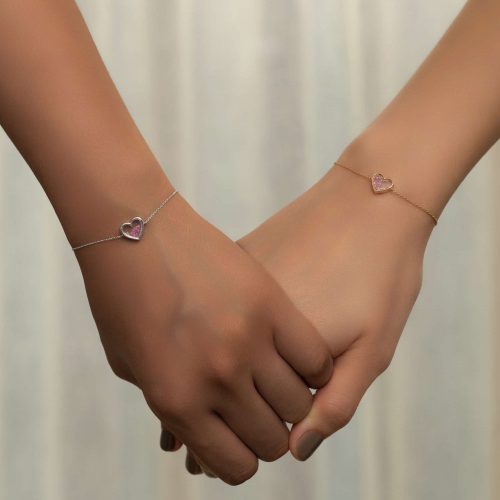Words by Jessica Usenbor, founder and CEO of THEKÜR, for MILLE.
Charlotte Haley created the first breast cancer ribbon (The Peach Ribbon) in 1991 to raise awareness and call for prevention. When one of the biggest beauty brands asked to use her symbol in a campaign, she refused to make it commercial. That brand went on to create the Pink Ribbon which is commercialized today. Now, every October, in the beauty industry amongst others, we see the pink ribbon widely splashed on brands who, for the most part, use it to capitalize off of the movement, essentially pinkwashing.
Coined Breast Cancer Action in 2002, pinkwashing is essentially when a major company uses the pink ribbon symbol for marketing purposes, without meaningfully supporting breast cancer awareness. I find pinkwashing to be dishonest and dangerous, especially in the beauty industry where we can draw a link between beauty products and increased breast cancer risk.
Based on a report from Cancer.org, the incident rates for breast cancer have risen year after year since 2004, driven in part by hormone-receptor-positive cases which some experts believe are tied to chemicals in personal care products. Research shows that ingredients like parabens and phthalates can dysregulate estrogen production, increasing the probability of developing hormone-receptor-positive breast cancer. In my opinion, it is contradictory and morally bankrupt for brands to formulate products with known hormone disruptors and carcinogens while claiming to support the breast cancer awareness and prevention movement. Although a growing number of brands are cleaning up their ingredients list, I find that many companies are still diluting the cause and co-opting the movement for monetary gain.
As brand leaders, we need to move with purpose and authenticity in ways that will drive the most impact for our audiences. Whether it’s through donations, partnerships, fundraising, or awareness campaigns, you should be advocating for breast health, championing survivors, and empowering your customers and employees.
We as consumers can tell when a marketing campaign to “raise awareness for breast cancer” is sales-driven or a hollow publicity stunt. Some companies have good intentions but often miss the mark on how they can really take action for the cause. When thinking about the initiatives for Breast Cancer Awareness or any other CSR program, I ask myself three questions: Is it meaningful? Is this authentically going to add value to those who need it most? Are we considering the needs of our audience? It shouldn’t be self-serving or looked at as a revenue opportunity for the brand, but rather another way to center your audience and show that you care for them.
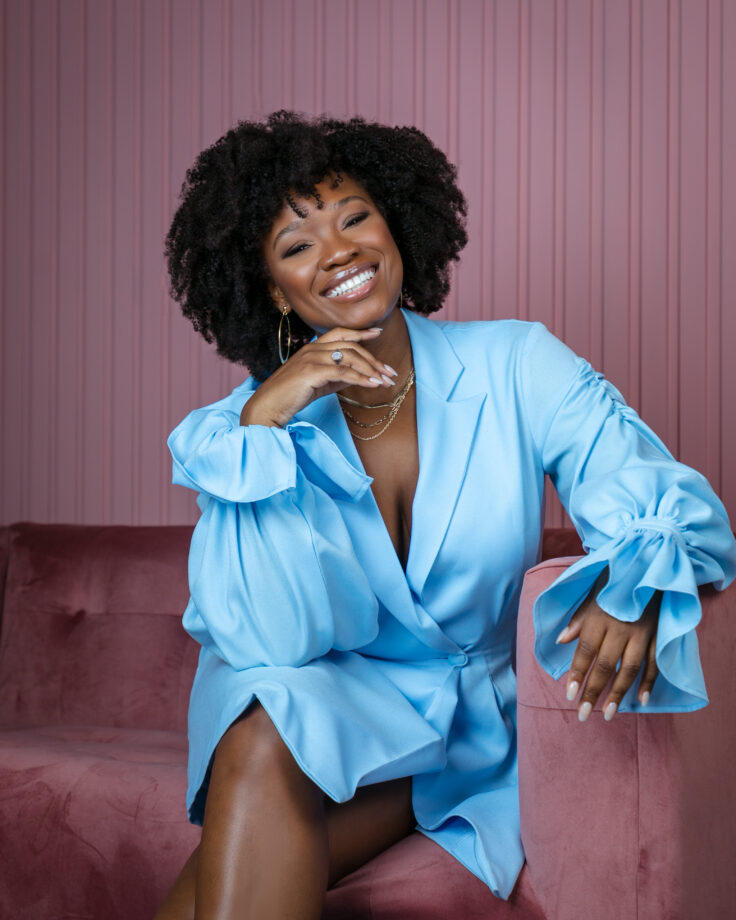
This is why at THEKÜR, our focus is on sharing knowledge that encourages more people to take charge of their breast health. Last year, we had a series of community conversations, inviting an Obstetrician-Gynecologist, a cancer survivor, and a clean beauty founder who’s brand ethos surrounds eliminating toxins from the body, to share different perspectives on how breast cancer affects women. This October, we have chosen to support Pink Caravan, a trusted UAE organization that focuses on early detection and screening as it is statistically proven that early detection can save lives in 98% of cancer cases. Our involvement with them included a company donation, gifting vouchers to women who received breast screening, and sharing their activities on our channels to increase support for the organization.
It was also important for us to support recovering patients on their journey back to themselves, we worked with Al Jalila Foundation to give treatment friendly skin care products at their monthly patients support meeting. Beyond that, we went the extra step to curate and share data driven resources and content with our audience to help them develop better breast health habits.
Cancer awareness is a very personal one to members of our team and it’s our goal each year to take meaningful action to support those at risk of and/or affected by cancer.
